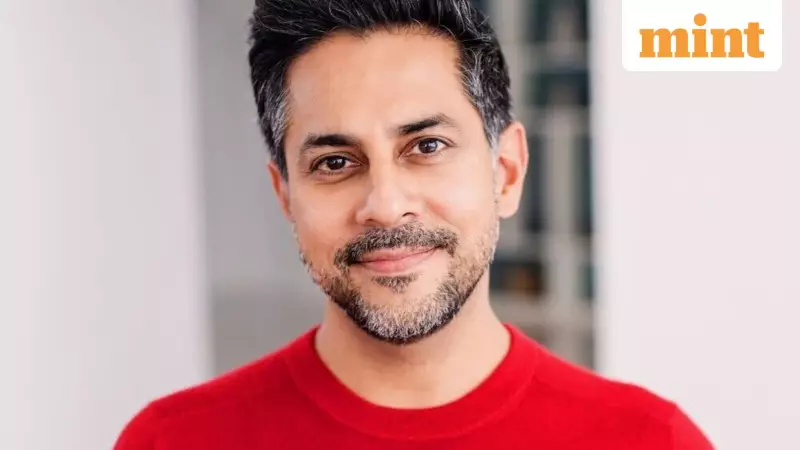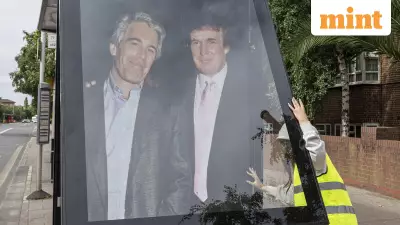
Vishen Lakhiani, the Indian-Malaysian founder and CEO of personal development company Mindvalley, has made startling allegations about his recent experience with US authorities at Miami International Airport. The entrepreneur claims he was stopped and interrogated by FBI agents despite holding a valid O-1 visa, which is specifically designed for individuals with extraordinary abilities in their field.
The Airport Incident: Questioning and Digital Privacy Concerns
In a detailed Instagram post that included video documentation, Lakhiani described the unsettling encounter that occurred upon his arrival in the United States. The Mindvalley CEO was reportedly forced to share his WhatsApp number and provide access to his social media profiles during the interrogation process. This level of digital scrutiny surprised many observers, given Lakhiani's established professional status and legal immigration documentation.
Lakhiani emphasized his legitimate business presence in the country, noting that he leads an American company with 230 employees worldwide and has been consistently paying US taxes for an impressive 22-year period. His O-1 visa status, typically reserved for individuals demonstrating extraordinary achievement in sciences, arts, education, business, or athletics, made the incident particularly puzzling to immigration experts and his substantial social media following.
Broader Political Context and Allegations of Xenophobia
The entrepreneur didn't mince words when discussing what he perceives as the root cause of such incidents. Lakhiani directly accused American politicians of fostering an environment of xenophobia and using immigrants as scapegoats for political gain. He expressed particular concern about the current political climate leading up to the next US election, describing the situation as "insane" due to what he characterized as fearmongering and blame-shifting tactics.
"I really can't wait for the next election because what's happening in America right now is insane," Lakhiani stated in his social media revelation. "The fearmongering, the xenophobia, the blaming of immigrants by politicians with no ideas on how to truly make a country great." His comments reflect growing anxiety among foreign business leaders and high-skilled immigrants about changing attitudes toward immigration in the United States.
Perhaps most telling was Lakhiani's admission that he now dreads visiting a country he once loved. "Wanted to share my experience here and to share what it's like to see the country I love becoming so closed and narrow-minded that I now dread visiting," the CEO added, highlighting the emotional impact of such encounters on legitimate business travelers and entrepreneurs.
Public Response and Wider Implications
Lakhiani's post quickly went viral across multiple social media platforms, igniting intense debate about US immigration policies, airport screening procedures, and the broader political environment. The response revealed that many users could relate to his experience, with numerous immigrants and non-citizens coming forward to share similar stories of heightened scrutiny and profiling.
The online discussion featured strong reactions from both immigrants and American citizens. One user commented, "You are right Vishen...Xenophobic. This is not good. This is not the USA that knew here so many years ago," echoing sentiments about perceived changes in American openness.
Another respondent, identifying as an American citizen and immigrant, offered a poignant perspective: "No one deserves to be profiled, questioned, or stopped simply for who they are. Moments like this remind us how far we still have to go as a country." This comment underscores the broader societal implications of such incidents beyond individual cases.
The conversation extended to practical decisions about travel, with a third user stating, "I love America but decided not to visit for the next few years because racial profiling is real," suggesting that such experiences might have tangible economic consequences for US tourism and business travel.
This incident raises important questions about the balance between national security concerns and the treatment of legitimate business visitors, particularly those like Lakhiani who have substantial economic ties to the United States and approved extraordinary ability visas.





